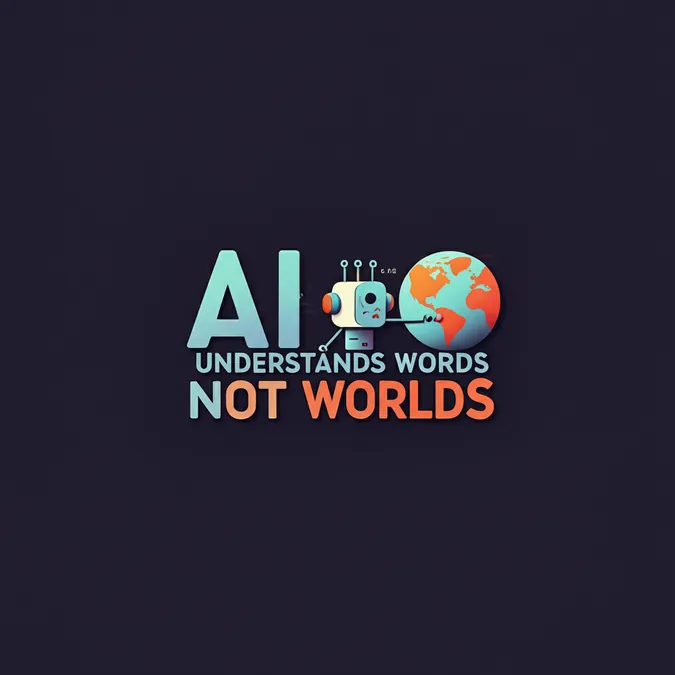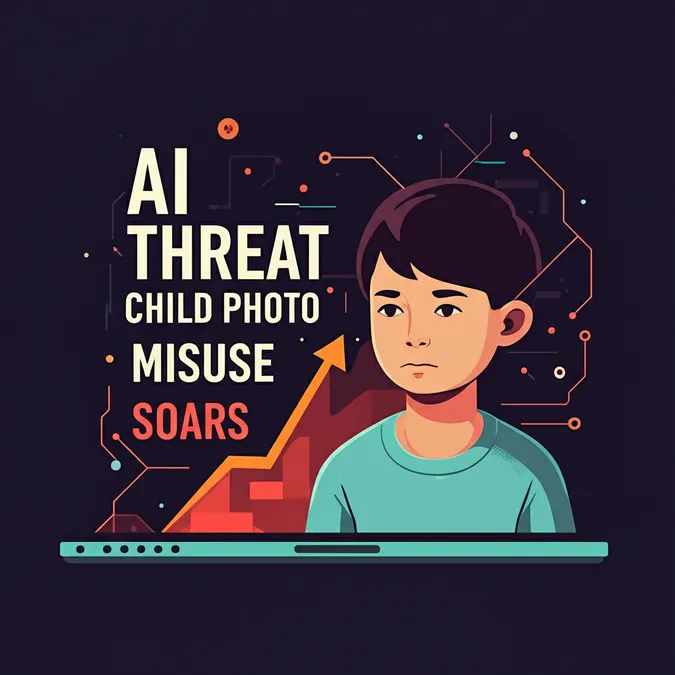Developer Offer
Try ImaginePro API with 50 Free Credits
Build and ship AI-powered visuals with Midjourney, Flux, and more — free credits refresh every month.
ChatGPT4 Aces Colonoscopy Patient Guidance Test
The rise of artificial intelligence (AI) is rapidly transforming various sectors, and healthcare is no exception. From diagnostics to drug discovery, AI promises to revolutionize how medical care is delivered. One particularly interesting area is patient education, where AI could offer accessible and reliable information. This is especially crucial for procedures like colonoscopies, where proper patient preparation is key, yet often hampered by misunderstandings or non-compliance with guidance.
The Challenge of Pre-Colonoscopy Guidance
Preparing for a colonoscopy can be a daunting task for many patients. The instructions for diet, bowel cleansing, and medication adjustments need to be followed precisely for the procedure to be effective. However, patient misconceptions are common, and adherence to these pre-procedure guidelines can be a significant challenge in gastrointestinal care. This study steps into this gap, exploring whether OpenAI's advanced AI model, ChatGPT-4.0, can provide trustworthy pre-colonoscopy guidance.
How ChatGPT-4 Was Put to the Test
Researchers undertook a qualitative study to assess how well ChatGPT-4.0's advice aligns with established clinical guidelines from leading medical organizations. They crafted twenty-five queries designed to mimic common patient questions. These questions spanned critical areas such as:
- Dietary recommendations leading up to the procedure.
- The all-important bowel preparation process.
- Management of cardiovascular medications.
- Guidelines on antibiotic prophylaxis.
- Specific advice for patients managing diabetes medications.
The AI's responses were then carefully and independently evaluated against a robust set of clinical guidelines. These benchmarks were drawn from respected bodies including the European Society of Gastrointestinal Endoscopy (ESGE), the U.S. Multi-Society Task Force on Colorectal Cancer (USMSTF), the American College of Gastroenterology-Canadian Association of Gastroenterology (ACG-CAG), the American College of Cardiology-American Heart Association (ACC-AHA), the American Society for Gastrointestinal Endoscopy (ASGE), and the Australian Diabetes Society (ADS).
AI Delivers Accurate and Guideline-Aligned Advice
The results of the evaluation were strikingly positive. ChatGPT-4 demonstrated an impressive level of accuracy, with its responses to all twenty-five sample queries perfectly aligning with the established clinical guidelines. The AI provided precise and clear guidance on dietary restrictions, medication management protocols, and the critical steps for bowel preparation. This consistent performance across various topics, benchmarked against multiple international medical society standards, highlights the AI's capability to process and deliver complex medical information correctly.
What This Means for Patient Education
The high degree of guideline adherence shown by ChatGPT-4.0 in this study suggests it could be a viable and dependable resource for patient education. Clear, accurate, and easily accessible information is fundamental to empowering patients and improving their preparation for medical procedures. AI tools like ChatGPT-4 could play a significant role in:
- Standardizing Information: Ensuring all patients receive consistent, guideline-based advice.
- Augmenting Clinician Efforts: Providing a supplementary resource that patients can consult at their convenience, reinforcing information given by healthcare providers.
- Addressing Misconceptions: Offering quick and reliable answers to common patient questions, potentially reducing confusion and non-compliance.
Looking Ahead: The Future of AI in Healthcare Communication
While these findings are promising, the study's authors acknowledge certain limitations. The patient queries used were structured, and the evaluation did not involve real-time interactions with actual patients, whose questions can be more unpredictable and nuanced. Despite this, the research strongly indicates a potential role for AI in enhancing patient education and standardizing the way crucial health information is disseminated. The success of ChatGPT-4.0 in this specific context opens the door for further exploration of AI's capabilities in supporting patients and healthcare systems. It's a step towards a future where AI acts as a valuable assistant, improving understanding and adherence to medical advice.
Explore Cureus Resources
For those interested in publishing and academic insights within the medical community, Cureus offers dedicated channels and resources:
About Channels
Unlock discounted publishing that highlights your organization and the peer-reviewed research and clinical experiences it produces.
Academic Channels Guide
Find out how channels are organized and operated, including details on the roles and responsibilities of channel editors.
Compare Plans & Pricing
Find the plan that matches your workload and unlock full access to ImaginePro.
| Plan | Price | Highlights |
|---|---|---|
| Standard | $8 / month |
|
| Premium | $20 / month |
|
Need custom terms? Talk to us to tailor credits, rate limits, or deployment options.
View All Pricing Details


